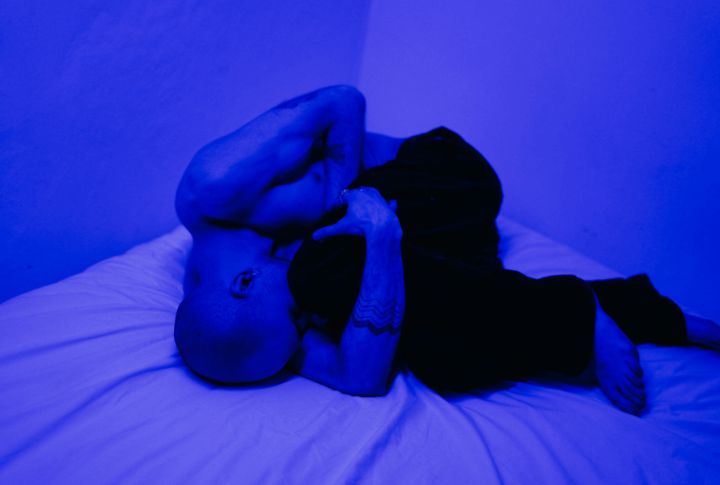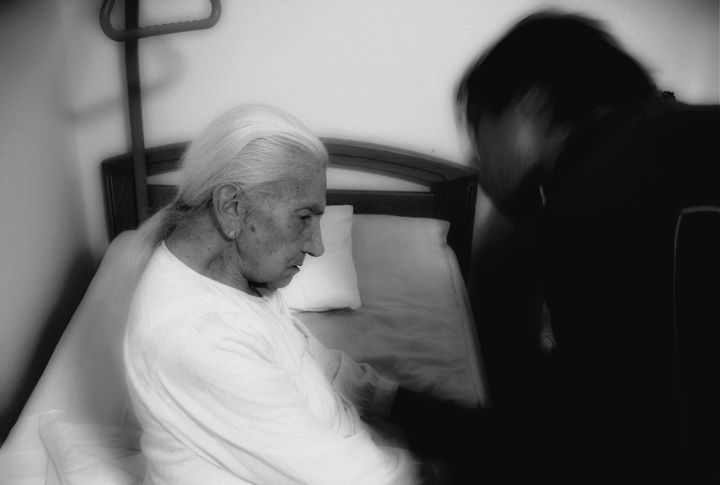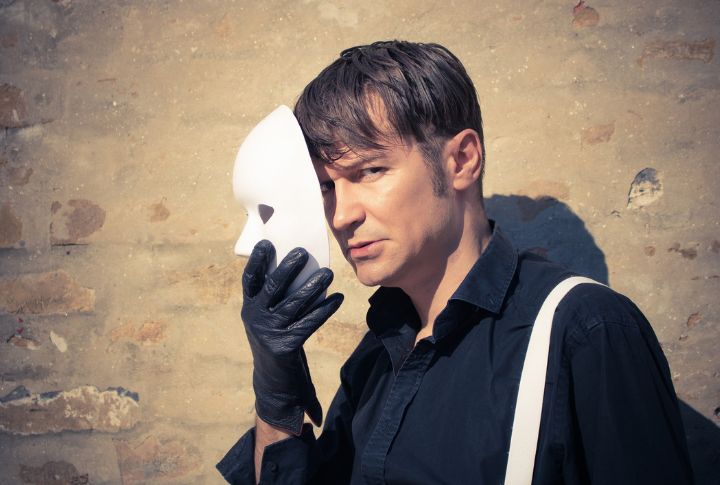
Have you ever heard of someone who thinks they are dead or believes their hand has a mind of its own? Some mental health conditions are so rare that even professionals find them intriguing. Check out these 14 rare mental illnesses that show just how complex the human mind can be.
Alien Hand Syndrome

This disorder causes one hand to act independently, often performing actions the individual does not intend. Patients with this disorder have experienced brain damage such as stroke or other neurological disorders. Alien Hand Syndrome makes your hand move against your will.
Cotard’s Syndrome

Also known as “Walking Corpse Syndrome,” individuals with this condition believe they are dead, do not exist, or that their organs are missing. What if you thought you were dead while still alive? Cotard’s syndrome leaves sufferers feeling like ghosts in their bodies.
Stendhal Syndrome

Triggered by exposure to art or culturally significant works, this causes dizziness, fainting, confusion, and hallucinations. Stendhal syndrome is particularly associated with Florence, Italy, and is characterized by someone being overwhelmed with beauty to the point of physical illness. The syndrome makes art a scary experience.
Depersonalization/Derealization Disorder

Individuals with this disorder feel disconnected from their bodies and surroundings, observing themselves from outside their bodies or feeling that the world is unreal. They feel like they are living in a constant dream without feeling real or grounded. People with this disorder often describe feeling like they’re watching themselves in a movie.
Diogenes Syndrome

Characterized by extreme self-neglect, social withdrawal, hoarding, and a lack of shame, this condition is often seen in the elderly and is associated with dementia. Those with this syndrome might live in extreme clutter, neglect personal hygiene, and isolate themselves from others. It may appear that they’ve entirely given up on societal norms and self-care.
Alice in Wonderland Syndrome

This neurological disorder causes distortions in perception. It’s recognized by the International Classification of Headache Disorders and is often associated with migraines. Individuals might perceive their hands as too big or doorways as impossibly small. Some describe feeling as viewing the World through the wrong end of a telescope.
Capgras Delusion

The sufferers believe that someone close to them, usually a partner or family member, has been switched up by an impostor. Experts associate this disorder with schizophrenia, dementia, and brain injury. The fear of impostors can cause severe disruptions in personal relationships as sufferers may avoid loved ones, believing them to be dangerous replicas.
Reduplicative Paramnesia

This condition involves the belief that a location is a duplicate, exists simultaneously in two or more places, or has shifted. Reduplicative Paramesia occurs in patients with brain injuries or dementia. People with this disorder might insist they’re in their childhood home while actually being in a hospital.
Fregoli Delusion

Sufferers believe that different people are a single person who changes appearance or is in disguise. A person may believe that their neighbor, mailman, and doctor are all the same person in different disguises. This disorder represents a rare form of delusional misidentification syndrome. Constant suspicion and confusion can make everyday interactions incredibly challenging.
Body Integrity Identity Disorder (BIID)

Individuals with BIID have a strong desire to amputate or disable a healthy body part, typically a limb, in order to feel complete. The deviation between their perceived body image and their physical reality can cause significant distress and lead to dangerous self-harm attempts. Some patients report feeling “overcomplete” with all their limbs intact.
Foreign Accent Syndrome

Patients with this condition suddenly begin speaking with a foreign accent, often after a brain injury or neurological event. A native English speaker might abruptly start talking with a Russian accent despite never having visited Russia or learned the language. The change in accent can occur without any change in the person’s native language proficiency.
Jerusalem Syndrome

This psychological phenomenon is characterized by the appearance of religious delusions or obsessions, typically in tourists visiting Jerusalem. Individuals may believe they are a biblical figure or have a divine mission, leading to erratic or dangerous behavior. For example, a perfectly rational person might suddenly start preaching on street corners, convinced they’re John the Baptist reborn.
Folie à Deux

Also known as “shared psychosis,” this rare disorder occurs when a delusion or psychotic beliefs are shared between two individuals, often a dominant and a submissive person, in a close relationship. A couple might jointly believe they’re being monitored by the government, reinforcing each other’s paranoia over time.
Pibloktoq

Primarily observed in the Inuit population, it is a culture-bound syndrome characterized by episodes of uncontrollable screaming, demolishing possessions, running through the snow, and other seemingly irrational behavior. These episodes can last from minutes to hours and are often followed by exhaustion and amnesia. The exact causes are still under investigation, but they are believed to be linked to environmental and cultural factors.

